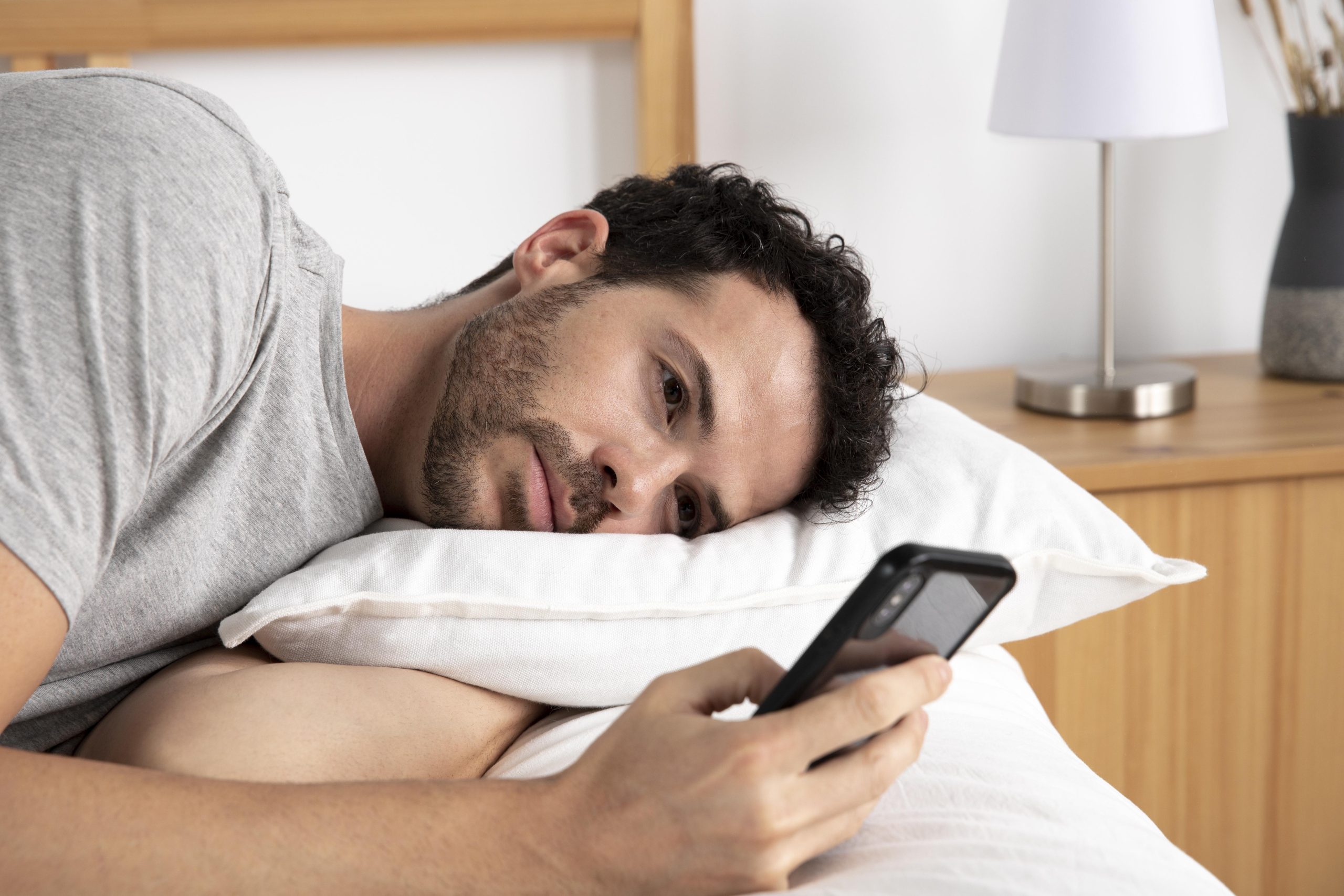
Summary: As social media becomes the way of life for young people, it is essential to address the challenges that it poses for adolescents, leading to anxiety, depression, and panic issues. We can help adolescents navigate the digital age with resilience and confidence by creating supportive environments both online and offline. This blog by Ohio Psychiatric Services charts the solutions.
in Lancaster and Hillard, Ohio.
How Can Adolescents Combat The Impact of Social Media On Mental Health?
There has been a debate about the impact of social media on adolescents and young adults. While it has transformed the way we communicate, share, and connect, many argue about the mental decay and insecurity it breeds for young people especially.
In the US, 136 minutes is the daily average time spent on social media. One-third of adult internet users in the US have agreed that social media has a negative effect on their mental health. The number is sufficient to ring an alarm bell.
Why it happens? What are the other reasons? And what could be the solution possibly? –This blog from Ohio Psychiatric Services tries to look for answers.
The Pressure to Present Perfection
People only present their perfect side on social media, while how they reached this perfection and how many times they failed remains hidden. Influenced adolescents often feel immense pressure to curate a “perfect” online persona. Platforms like Instagram and TikTok amplify the need for validation through likes, comments, and shares. This often fosters feelings of inadequacy and self-doubt, eroding self-esteem.
Fear of Missing Out (FOMO)
Social media can deeply ingrain the Fear of Missing Out (FOMO), as teens are bombarded with images and updates of events, outings, or achievements they have no relation to. They might feel excluded and lonely, further exacerbating mental health struggles for adolescents.
Cyberbullying and Anonymous Interactions
The anonymity on social media works like a weapon for those who want to rupture reputations without being called out. It can lead to harmful interactions and cyberbullying. For adolescents, being the target of online harassment can have devastating emotional consequences. It includes anxiety, depression, and self-esteem issues, and can even lead to the development of suicidal tendencies.
Cutting on Sleep Hours
Excessive screen time, particularly before bed, disrupts sleep patterns—a critical factor for adolescent mental health. Notifications and the addictive nature of social media can lead to poor sleep hygiene. The urge to reply immediately, even during late hours, causes a sleep deficit that negatively impacts mood, focus, and overall well-being.
How To Start Your Healing Journey?
The first step is to recognize the problem and accept it. If you or anyone you know is dealing with depression, anxiety, or other mental health issues due to social media, please reach out for help.
Ohio Psychiatric Services in Lancaster & Hillard locations in Ohio provide expert guidance to patients, across ages and genders, helping them recover from anxiety, depression, panic issues, and other mental health problems.
Teachers and parents must promote digital literacy, especially by making them aware of the artificial nature of much of social media. Taking a break from screens and engaging in something that involves your presence physically like playing a sport, or reading something is essential. However, at times these strategies alone cannot help.
Fostering open conversations about mental health and encouraging seeking professional help is the way forward. You can begin by booking a session with healthcare providers at Ohio Psychiatric Services and TMS Center, getting a thorough evaluation and the right treatment, necessary to find a way forward.

